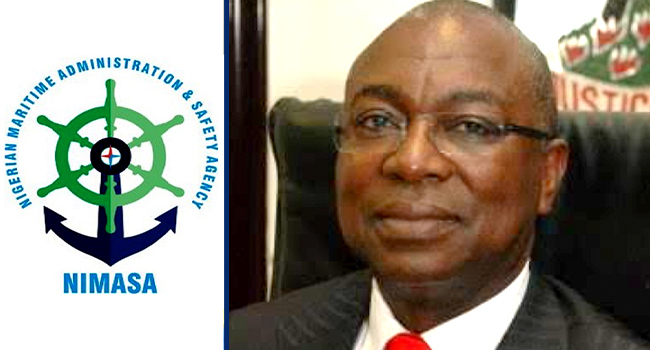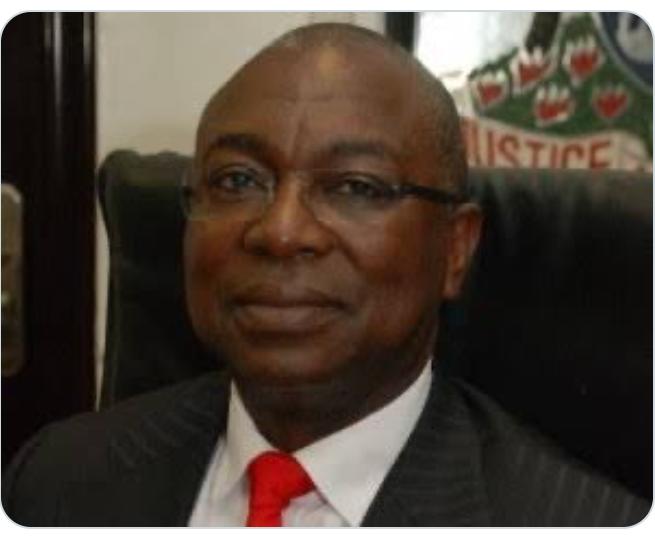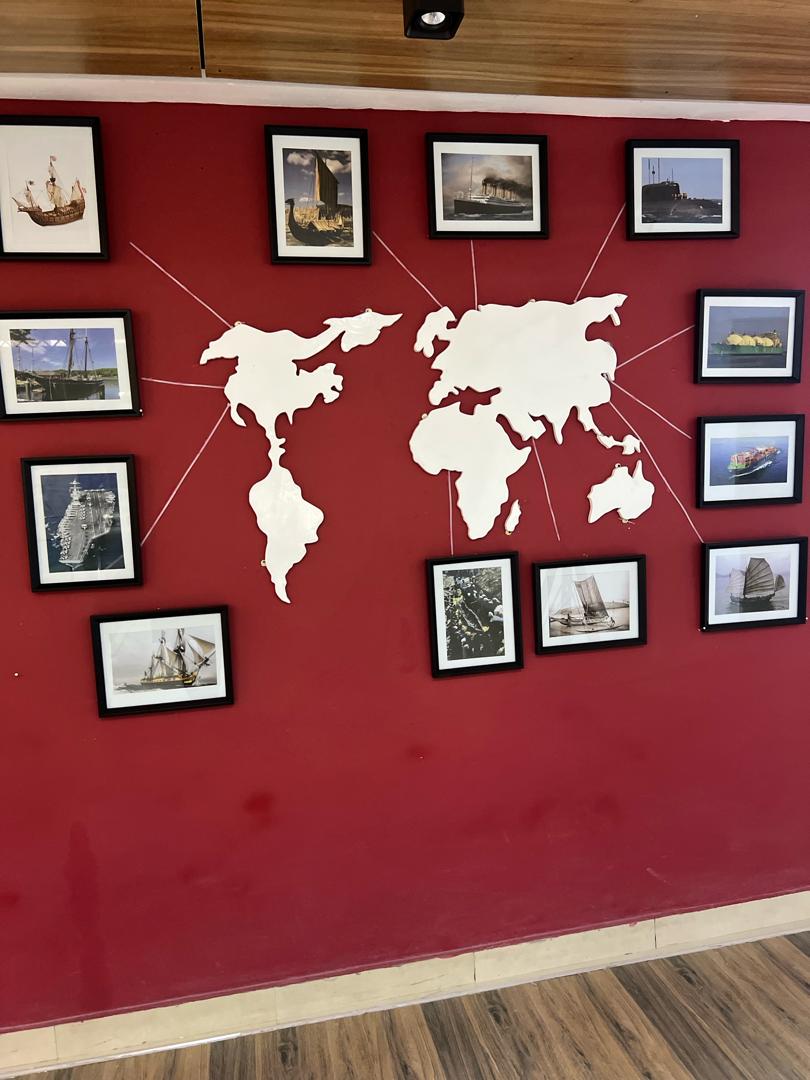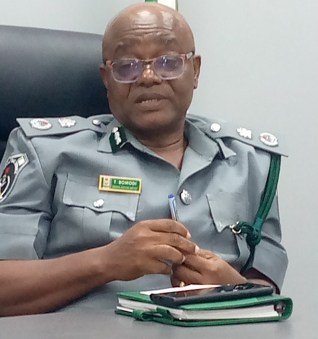Maritime
Piracy: Stakeholders worry war risk insurance will erode GDP
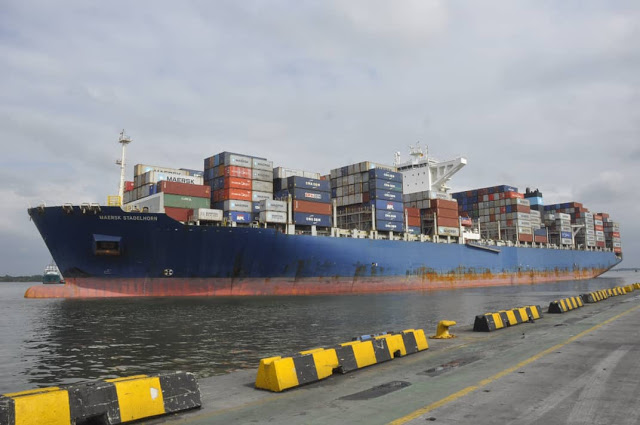
The Organised Private Sector, OPS, have said that Nigeria should not succumb to unnecessary and unfair penalty by international maritime groups, in respect of the controversial war risk insurance, designed to deflate losses, saying the imposition is not only unwarranted by will impact negatively on our gross domestic product, GDP.
The OPS also hailed the position of the Director-General of Nigerian Maritime Administration and Safety Agency, NIMASA, Dr. Bashir Jamoh, who has expressed dissatisfaction with the penalty and urged international stakeholders to rescind its decision by delisting Nigeria from the list of ‘war risk insurance premium payers.
The OPS says the reversal of the penalty is necessary because Nigeria has not only demonstrated strong commitment in combating piracy, they posit that collection of the war risk insurance on Nigerian bound ships would raise the cost of freight for shipping goods into Nigeria, with its spiral adverse effects on the GDP. The OPS which is the umbrella body of the country’s chambers of commerce said that the labeling of Nigeria as a ‘war risk zone’ with imposed higher insurance premium covers was partly responsible for Nigeria’s negative GDP growth in 2020.
The body comprise of Manufacturers Association of Nigeria, MAN, Lagos Chamber of Commerce and Industry, LCCI, Nigerian Association of Chambers of Commerce, Industry, Mines and Agriculture, NACCIMA, Manufacturers Association of Nigeria Export Group, MANEG, Nigerian Association of Micro, Small and Medium Enterprises, NASME, Nigeria Employers Consultative Association, NECA, and the Nigerian Association of Small Scale Industrialists, NASSI.
The group also linked massive diversion of cargoes meant for Nigeria to the ports of the neigbouring countries to the imposition of the war risk insurance cover on Nigeria bound ships, a development they noted has been responsible for galloping inflation in Nigeria as the final consumers of imported goods bears the brunt of the high cost of shipping of imported goods.
Towing the earlier position of the DG NIMASA, the OPS argued that Nigeria is not at war in the first place but only experiencing some forms of insecurity internally with a surge in piracy at the Gulf of Guinea, GOG, which it says is being tackled by the Federal Government through NIMASA.
OPS said Nigeria’s sincere and effective commitment to combating her internal insecurities which is not peculiar to Nigeria, makes the removal of the vexatious war insurance premium materially and morally urgent.
Former Director General, NACCIMA, Dr. John Isemede, said the war risk insurance has severely depressed the country’s GDP, noting that Deep Blue Project being implemented by NIMASA since February has made the call for the removal of the insurance morally binding on the international insurance companies. Isemede, an expert in export and import, and National Expert on Value Chain at UNIDO argued that the imposition of the war risk insurance is unfair and unjust, and impacting negatively on freight and other indices of growth.
He said, “We commend the bold step taken by the NIMASA DG on the war risk insurance imposed on Nigerian bound ships. Considering Nigeria’s huge investment in security infrastructure to tackle piracy in the Nigerian and Gulf of Guinea waters, we think the call is a right step in the right direction.
“This war risk insurance is definitely behind the reason for multiple cargo diversion, inconsistency in shipping operation, high inflation rate, increase in shipping freight, rising cost of goods, trade deficits and others in our economy.”
Chairman, Manufacturers Association of Nigeria Export Promotion Group, MANEG, Imokhai Ehimigbai said the imposition of the war risk insurance has disrupted volume of trade in terms of export and import.
According to him, “Importers and exporters are struggling to remain in business amid rising cost of shipping charges in the maritime sector. For as long as this insurance is maintained and collected, charged, final consumers will continue to pay higher for imported goods in the country.
Director General of the African Centre for Supply Chain, ACSC, and former chairman of LCCI, Dr. Obiora Madu said that removal of Nigeria from the war risk zone list will be more beneficial to the country’s economy and will also catalyze shipping industry development.



